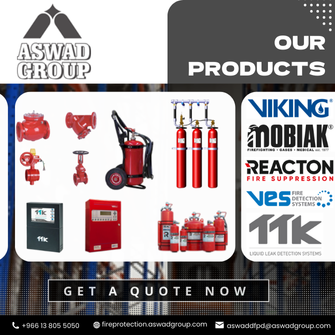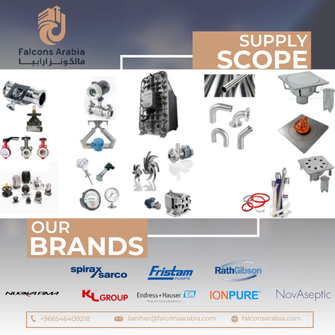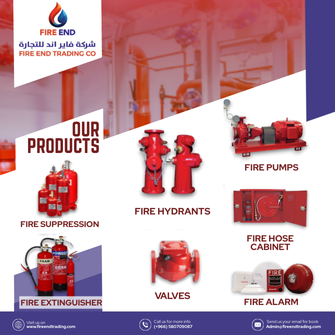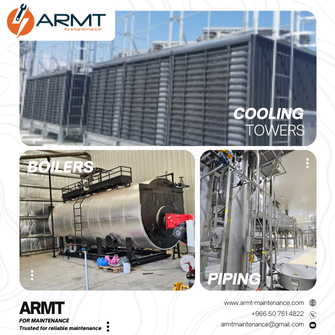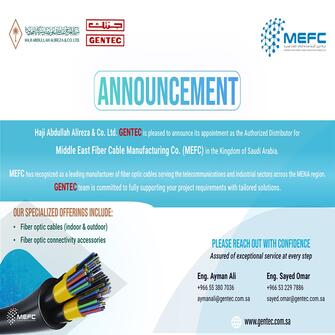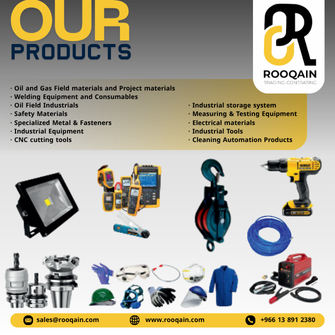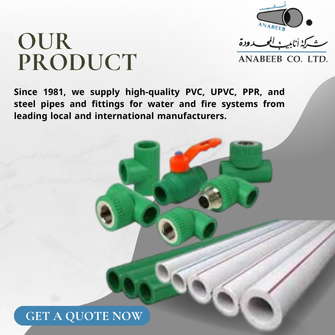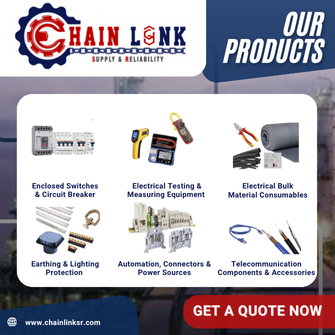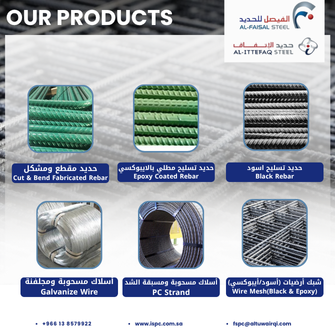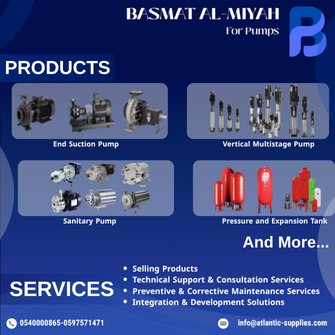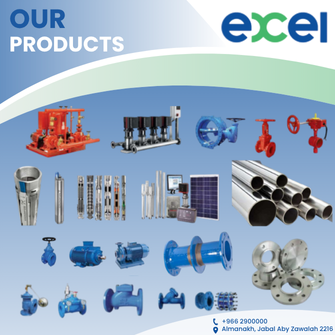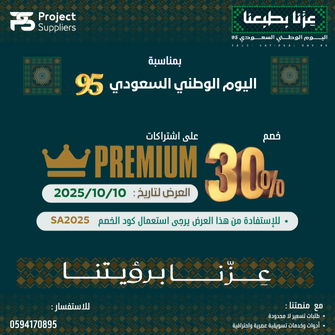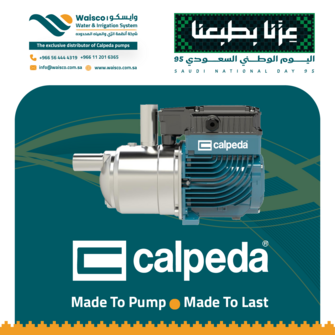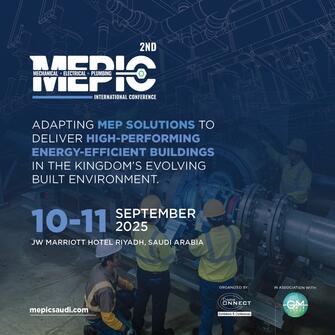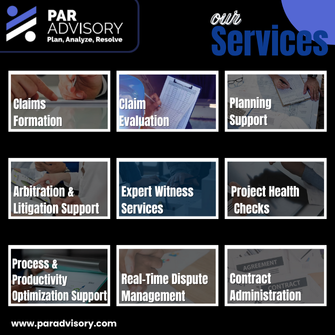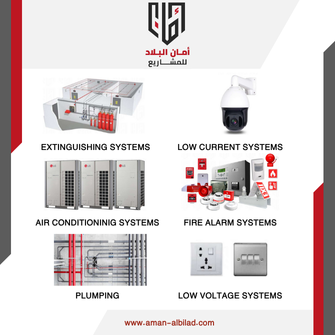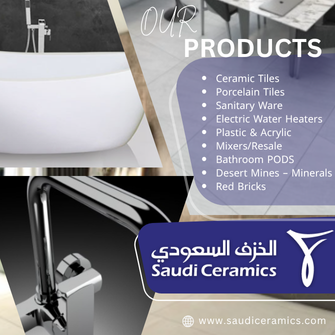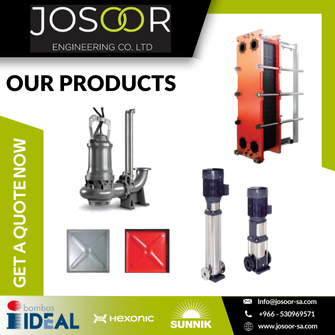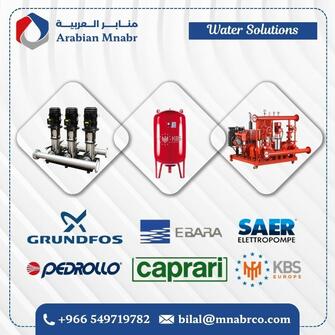advertisement
Brand Information
About CompAir
CompAir stands for continuous innovation and development of compressors and compressed air equipment.
Ground breaking compressed air technologies, such as Ultima, deliver superb efficiency and performance. Plus with the dedicated in-house airend manufacturing CompAir is able to specifically influence the performance of the compressor to achieve the highest levels of reliability and efficiency.
Customers globally trust in the expertise and experience of CompAir.
Industrial Air Compressors
Many industries rely on high-quality compressed air. That’s why CompAir provides a wide range of energy-efficient and reliable compressed air solutions to suit the varying demands of your industry.
CompAir manufacture a range of industrial air compressors which are designed using the latest advances in reciprocating, rotary screw, centrifugal, and portable technology. Designed to suit a wide variety of industrial applications, we have a diverse range of air systems to choose from including oil lubricated, oil-free, single and variable speed drives, portables and more.
When it comes to air treatment and accessories we provide a complete range of downstream equipment including dryers, filtration products, condensate treatment, nitrogen generators, heat recovery systems and management systems, to name a few.
Please select a compressor range for more information:
Oil Lubricated Compressors
Oil Free Compressors
Air Treatment & Accessories
Portable Compressors
Do I need an oil-lubricated or oil-free compressor?
There are different air purity classes that compressed air can fall into according to the International Organisation for Standardisation (IS0). It is important to consider if your organisation requires a specific class of air before you choose which type of compressor to purchase.
Food and beverage industries, as well as pharmaceutical and chemical, will often require ISO Class 0 air quality. This is the cleanest standard of compressed air possible and requires 100% air purity. If clean air is required for your application, an oil-free compressor will always be the most efficient choice. Although upfront costs may be more than a traditional lubricated compressor, you will have the assurance of always being able to guarantee a clean output of contaminant and silicone-free air.
If your compressed air installation will be for general use and not require Class 0 clean air, then a lubricated compressor will be the more economical choice for you. Lubricated compressors are extremely popular and are the most common type of compressor in use within industrial sectors. They are robust, reliable and high performing machines.
What size compressor do I need?
The next thing to consider is the size of the compressor. You should consider your individual air requirements and choose a size based on this. Choosing a compressor too small could cause issues when demand is high, resulting in problems with production. However, a compressor too large for your operation could lead to wasted energy and a higher cost of ownership.
It is also important to understand your flow and pressure requirements. You will need to purchase a machine that has enough pressure to achieve the performance you require for your application. You will need to consider the amount of compressed air flow (CFM) you will need at a specific pressure (PSI) in order for the application process to run smoothly. All of these factors will affect the size of the compressor you choose.
What type of compressor do I need?
There are many different types of compressor technology available from reciprocating piston compressors to rotary screw compressors. To choose a compressor technology type, you should again look at your demand. Consider how many hours a year you will require your compressor to operate, if you need a constant or intermittent supply of air and if there is ever going to be a fluctuation in demand. All of these factors will affect which design of compressor you choose as each compressor has a unique set of features and benefits.
Steps to take before you purchase
If you are still unsure, you may consider asking a professional to conduct an air audit. This can help you to assess your air output demand and provide you with some insightful ways to improve the overall efficiency of your operation.
CompAir experts will be happy to help you find the ideal solution exactly matching your plant requirements. We will consider air demand, air quality, pressure and flow rates and any other factors that will affect your decision and provide you with professional tailored advice.
Industrial Air Compressor Applications
Industrial air compressors are the work-horse behind many products and processes, some that you may not even realise! From food packaging and processing to coating tablets and spray painting cars, the uses of industrial compressed air are multifarious.
Some of the most common industries and applications where compressed air is used are:
Automotive
Used for car and engine assembly as well as to power AI robots and create clean finishes with spray paint.
Food, Beverage and Brewing
Used during the production of brewed products as well as for food packing, processing and transporting.
Chemical and Petrochemical
Used for handling hazardous materials as well a nitrogen generation and process air for direct contact with the product.
Manufacturing
Used widely within the industrial manufacturing industry for a variety of uses including air-operated tools and equipment, access lifts and shot blasting, to name a few.
Electronics
Used for cleaning expensive electronic equipment such as PCB boards and also for pick and place machines.
Oil and Gases
Common applications include petroleum refining, petrochemical synthesis, pipeline transportation and gas injection.
Marine and Military
Compressed air provides power for many ship functions in marine applications and is sometimes used for simulators and shooting range targets in the military.
Medical and Dental
A variety of applications require compressed air within the medical and dental industry including respiratory equipment, powering surgical or dental equipment and for sterilisation.
Pharmaceutical
The pharmaceutical industry relies on compressed air for packaging and sealing medication, fluid pumps to move liquid products and for air knives which can be used to cut products.
Textile
Compressed air can be used in the process of making high-quality materials during jet weaving, spinning, texturizing and dyeing.
Design Innovation
Gardner Denver has invested 16 million Euros in the Simmern "Centre of Excellence" plant in Germany, where its industrial air compressors are manufactured.
Watch the video below to learn more about the innovation that takes place there.
The air end is the most critical part of an industrial compressor, it's where the compressed air is generated & so extremely high tolerances are needed to manufacture each rotor down to the nano metre precision required to match the rotor pairs together.
Looking for new opportunities in the Saudi market?
Receiving real RFQs is the key for new orders.
Here in Project Suppliers platform we gain you the new opportunity.


